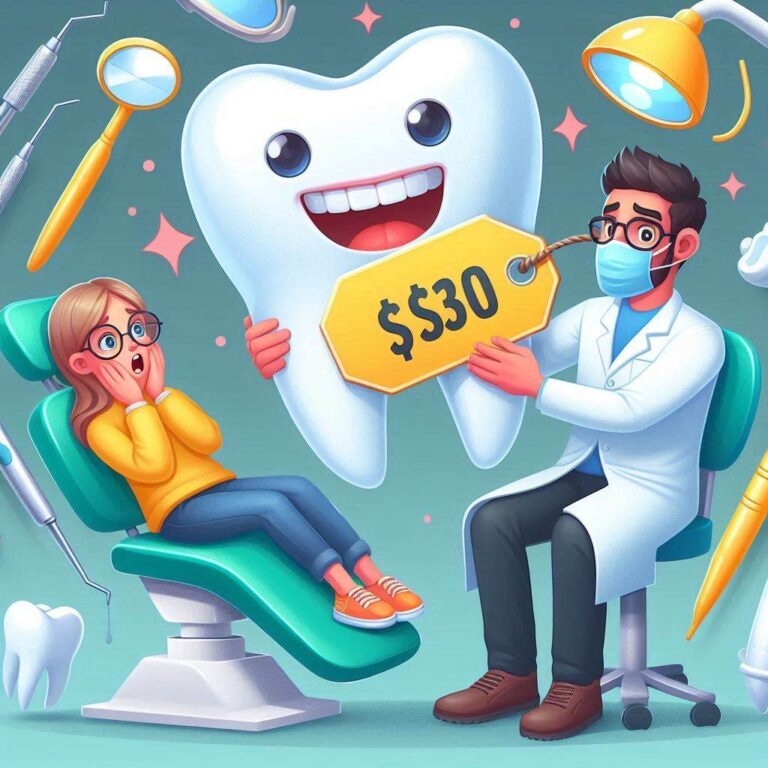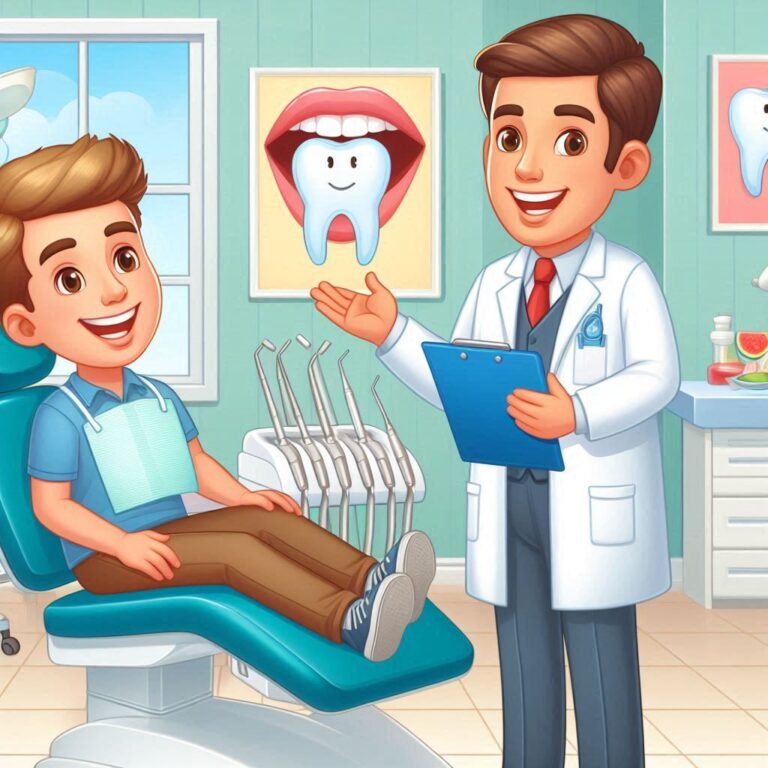Navigating the Cost of Tooth Extraction in Kenya: A Comprehensive Guide
A radiant smile is a significant confidence booster, but sometimes, dental issues necessitate tooth extraction. While the prospect of a missing tooth might be daunting, advancements in dentistry have made the extraction process relatively painless and efficient. However, navigating the associated costs can be confusing. This article delves into the factors influencing the Cost of Tooth Extraction in Kenya, empowering you to make informed decisions about your oral health.

Understanding the Need for Tooth Extraction
Tooth extraction, though not an ideal scenario, becomes necessary in various situations. Here are some common reasons:
- Severe tooth decay: When decay reaches the pulp (the inner chamber) of the tooth, causing significant pain and infection, extraction becomes the only viable option.
- Impacted wisdom teeth: Wisdom teeth, the third molars, often erupt partially or remain completely impacted within the jawbone. This can cause pain, crowding, and damage to surrounding teeth, necessitating extraction.
- Periodontal disease (gum disease): In advanced stages, gum disease loosens teeth due to bone loss. If the tooth becomes non-salvageable, extraction might be necessary.
- Fractures or trauma: Accidents or injuries can cause severe tooth fractures. Depending on the extent of the damage, extraction might be the best course of action.
- Overcrowding: In some cases, the jawbone might not have enough space to accommodate all teeth comfortably. Strategically extracting specific teeth can create room for proper alignment.
Factors Affecting the Cost of Tooth Extraction in Kenya
The cost of tooth extraction in Kenya can vary significantly depending on several factors. Here’s a breakdown of the key influences:
- Type of Extraction:
- Simple Extraction: This involves removing a visible tooth using local anesthesia. It’s the most common and affordable option.
- Surgical Extraction: Impacted or deeply rooted teeth require surgical intervention, often administered with general anesthesia. This complexity drives up the cost.
- Multiple Extractions: Removing multiple teeth in one sitting typically incurs a higher cost compared to single extractions.
- Location of the Tooth: Extracting front teeth, usually more visible and aesthetically significant, might come at a premium compared to molars at the back of the mouth.
- Anesthesia Used:
- Local Anesthesia: This numbs the area around the tooth, allowing the procedure with minimal discomfort. It’s the most commonly used and cost-effective option.
- General Anesthesia: This renders the patient unconscious for the entire procedure, often used for complex surgeries or patients with dental anxiety. It’s significantly more expensive than local anesthesia.
- Dentist’s Experience and Expertise: More experienced and specialized dentists might command higher fees due to their skills and qualifications.
- Clinic Location and Reputation: Prestigious dental clinics located in urban areas generally have higher operational costs reflected in their fees compared to smaller clinics in rural areas.
- X-rays and Diagnostic Tests: Pre-operative X-rays or other diagnostic tests like CT scans might be necessary to assess the tooth’s condition and plan the extraction strategy. These add to the overall cost.
- Post-operative Care: While most extractions are outpatient procedures, some cases might require additional medications or follow-up appointments, impacting the final cost.
Estimated Cost Range for Tooth Extraction in Kenya (Ksh)
| Type of Extraction | Local Anesthesia | General Anesthesia |
|---|---|---|
| Simple Extraction | 2,000 – 5,000 | 5,000 – 10,000 |
| Surgical Extraction | 5,000 – 10,000 | 10,000 – 20,000 |
| Impacted Wisdom Teeth | 10,000 – 20,000 | 15,000 – 30,000 |
Please note: This table provides a general estimate. The actual cost can vary depending on the factors mentioned above. It’s crucial to consult a dentist for an accurate cost assessment.
Additional Considerations
- Dental Insurance: Inquire with your insurance provider about coverage for tooth extraction. Some policies might offer partial or complete coverage, reducing your out-of-pocket expense.
- Financing Options: Some dental clinics offer financing plans to help patients manage the cost of procedures like tooth
Planning for a Tooth Extraction in Kenya
Once you understand the factors influencing the cost, here are some steps to plan effectively for your tooth extraction in Kenya:
- Consultation with a Dentist: Schedule a consultation with a qualified dentist. Discuss your specific situation, including the reason for extraction, your medical history, and any concerns you might have. The dentist will conduct a thorough examination, including X-rays if necessary, to determine the best course of action and provide a personalized cost estimate.
- Compare Costs: Don’t hesitate to seek quotes from multiple dental clinics. This allows you to compare pricing structures and find an option that aligns with your budget. While cost is a factor, prioritize a dentist with a good reputation and experience in tooth extraction procedures.
- Explore Payment Options: Discuss payment options with your chosen dentist. Inquire about accepting credit cards, allowing for installments, or offering financing plans. Some clinics might provide discounts for upfront payments or package deals if you’re considering multiple extractions.
- Insurance Coverage: If you have dental insurance, understand your policy’s coverage for tooth extraction. Contact your insurance provider to determine the specific procedures covered, reimbursement rates, and any pre-approval requirements.
Minimizing the Cost of Tooth Extraction
While complete cost elimination might not be possible, here are some strategies to potentially minimize the financial burden:
- Preventive Care: Regularly visiting the dentist for checkups and cleanings can help identify and address dental issues early on, potentially preventing the need for extractions.
- Public Dental Clinics: Kenya has public dental clinics that offer subsidized dental services, including extractions. While wait times might be longer, these clinics can be a cost-effective option, especially for individuals without dental insurance.
- Dental Schools: Dental schools sometimes offer discounted dental procedures performed by supervised students under the guidance of qualified dentists. This can be a cost-saving option, but it’s advisable to ensure the student has the necessary training and experience.
The Healing Process After Tooth Extraction
Following a tooth extraction, proper care is crucial for optimal healing and minimizing complications. Here’s what to expect:
- Post-operative Instructions: Your dentist will provide detailed instructions on caring for the extraction site. This typically involves gentle rinsing with salt water, applying gauze to control bleeding, and managing any pain with prescribed medication.
- Pain Management: Mild discomfort is normal after an extraction. Your dentist will prescribe pain medication to manage this discomfort.
- Diet: Stick to soft foods like yogurt, mashed potatoes, and soups during the initial healing period to avoid irritating the extraction site. Gradually transition back to your regular diet as healing progresses.
- Importance of Rest: Get adequate rest after the procedure to promote healing. Avoid strenuous activities for a few days.
- Follow-up Appointments: Schedule follow-up appointments with your dentist to monitor the healing process and ensure proper recovery.
Conclusion
Tooth extraction, while not an ideal dental scenario, can sometimes be necessary to maintain oral health. By understanding the factors influencing the cost in Kenya, exploring payment options, and prioritizing preventive care, you can make informed decisions. Remember, a radiant smile starts with healthy teeth. Taking care of your oral health ultimately saves you time, money, and ensures a lifetime of confident smiles.
FAQs
Q: Does dental insurance typically cover tooth extraction?
A: Coverage for tooth extraction varies depending on your specific dental insurance plan. Contact your provider to understand the details of your policy, including coverage percentages and any pre-approval requirements.
Q: What are the risks associated with tooth extraction?
A: Tooth extraction is a relatively safe procedure. However, potential risks include infection, bleeding, and discomfort. Following your dentist’s post-operative instructions diligently minimizes these risks.
Q: What are some alternatives to tooth extraction?
A: In some cases, depending on the tooth’s condition and severity of the issue, alternative treatments like root canals or dental crowns might be explored to save the tooth. Your dentist will discuss the most suitable option based on your specific situation.
Q: How long does it take to recover from a tooth extraction?
A: Healing time after a tooth extraction varies depending on the complexity of the procedure. Simple extractions typically heal within a week or two, while surgical extractions might take longer. Your dentist will provide specific guidance on expected healing timelines.
You might also want to check out these articles for more ideas: full mouth dental implants cost in kenya


